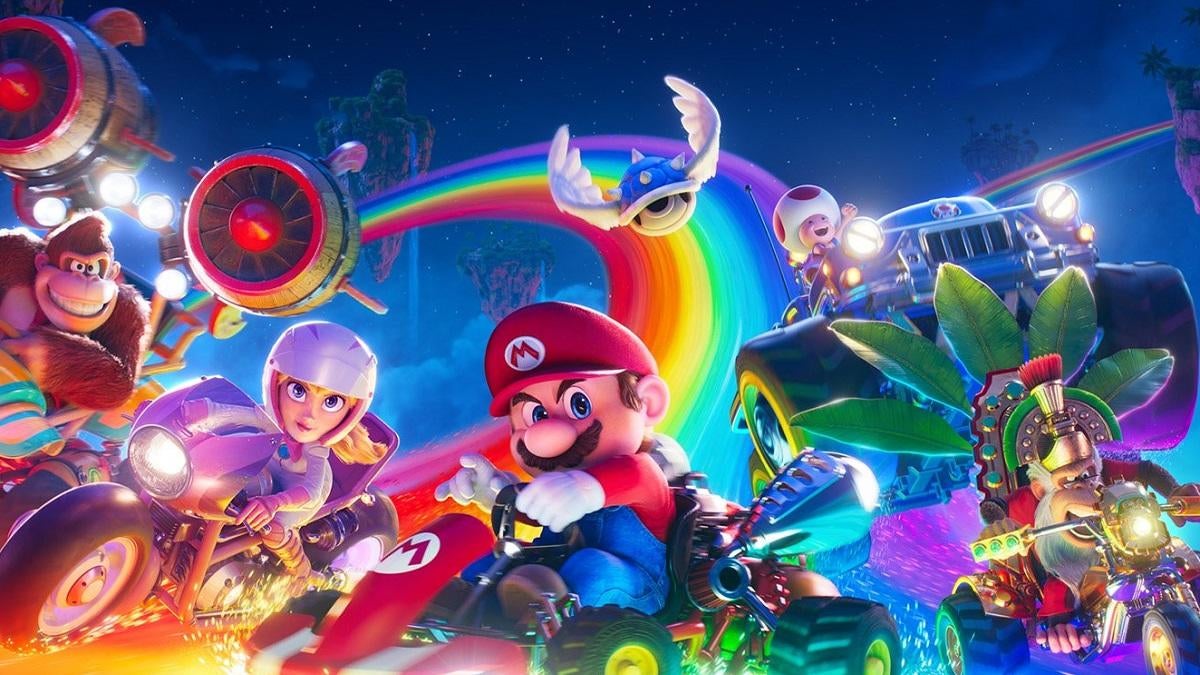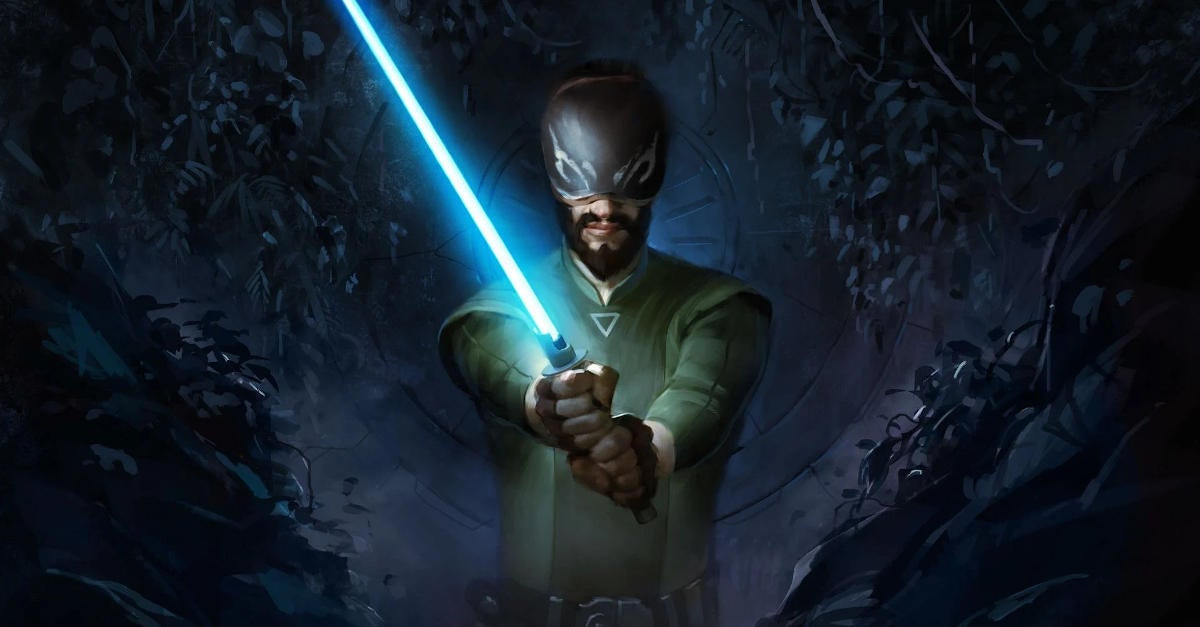What 2014 Taught Us About Comics, Movies, & TV
A lot can change in twelve short months. 2014 brought a wealth of changes to the comic book and [...]

A lot can change in twelve short months. 2014 brought a wealth of changes to the comic book and pop culture landscape, and within those changes hid lessons for what the industry is truly capable of. Below, we take a look at the year's most interesting moments, and what they taught us about the industry moving forward. While some are specific moments, other mark a longer-trending shift that will continue to carry into the years ahead. But as we enter 2015, one lesson is already clear: Comics aren't playing by the same rules anymore.
Marvel Can (and did) Kill Wolverine

No one thought that Marvel would actually remove their perennial moneymaker from the board, but the publisher did just that earlier this Fall. With The Death of Wolverine, Marvel made it clear that no character is really ever safe from death's touch. While it seems unlikely the Marvel's most popular mutant will stay buried for more than few years at the most, it showed that the publisher isn't afraid to roll the dice without a contingency plan. This is first time in a while, really, that Marvel has killed a franchise anchor without a marketable replacement or backdoor clearly established.
Happiness Does Exist In The New 52

One of the major complaints lobbied against DC Comics' new universe was that it was too dark, grim, and depressing. Granted, with death or dismemberment to be found in at least one DC book per month, readers may have been onto something. Fortunately, DC has listened to the complaints and offered a few rays of sunshine to counter the doom and gloom. Carrying the torch, ironically, is DC's darkest corner: The Batman franchise. With the revamped Batgirl and Gotham Academy, DC seems to be reinvesting with fun, if not humorous, superhero adventures. Each title breaks free of the clean and rigid house style dominating most the publisher's books, opting for more free-spirited and adventurous titles that actually charm its readers.
Comic Book Television is Here To Stay

While comic book television series used to be far and few between, viewers can barely change the channel these days without running into some adaptation of a comic book property. Publishers have sought television as their next great medium to conquer, ushering in a floodgate of new series based on various characters, concepts, and comics. And conquered they have. The Walking Dead continues to trounce cable ratings and the once-untouchable Sunday Night Football, while The Flash has scored The CW some of its highest ratings in years. Executives are taking notice, with even more comic book television series in production. By this time next year, there may very well be more than 10 comic related projects on the airwaves (assuming none of the pre-existing ones are cancelled). And when comic fans could only count the number of shows on hand just a year ago, that's saying something.
The Comics Market Is Diversifying

2014 leveled the playing field not just for comic book characters, but for the creators working on them as well. Diversity has never been greater in the comics industry than it is today, with representation finally extending beyond it's normal boundaries. In this year alone, Marvel delivered Ms. Marvel, a female Muslim superhero written by a Muslim female author, a female a female Thor, an African American Captain America, while DC put a female writer on Wonder Woman while also creating a cinematic version of the character. And while there's still ample room for more diversification, 2015 looks to be starting on the right track. Within the next three months, Marvel will releasing three new female-led solo titles: The Unbeatable Squirrel Girl, Gamora, and Angela.
With The Right Approach, You Can Adapt Any Comics Franchise

Every comic book property, no matter how obscure, has the potential to be the greatest film of the year. Or didn't you see Guardians of the Galaxy? It's hard to believe, but Guardians, a with property almost zero mainstream recognition 12 months ago, managed to outperform all but two of Marvel's blockbusters (Avengers and Iron Man 3) at the box office. But Guardians only made it to pop culture stardom by wearing its heart on its sleeve and embracing the roots of its material—a strong dash of comedy didn't hurt, etiher. The same can be said for The CW's Flash series, which successfully took a premise that seemed absurd for the television medium, and made it one of the most successful shows of the fall. Again, The Flash only achieved such heights because it knew how to run towards its high concepts, not away from them.




